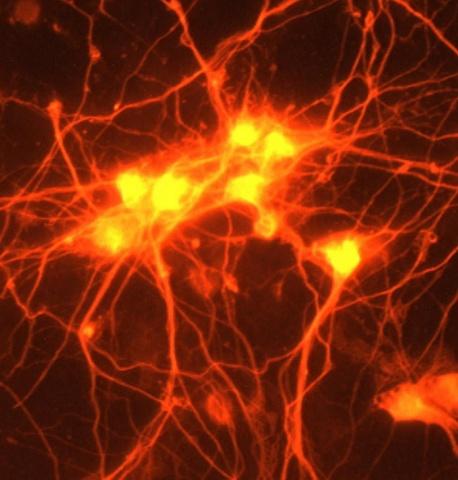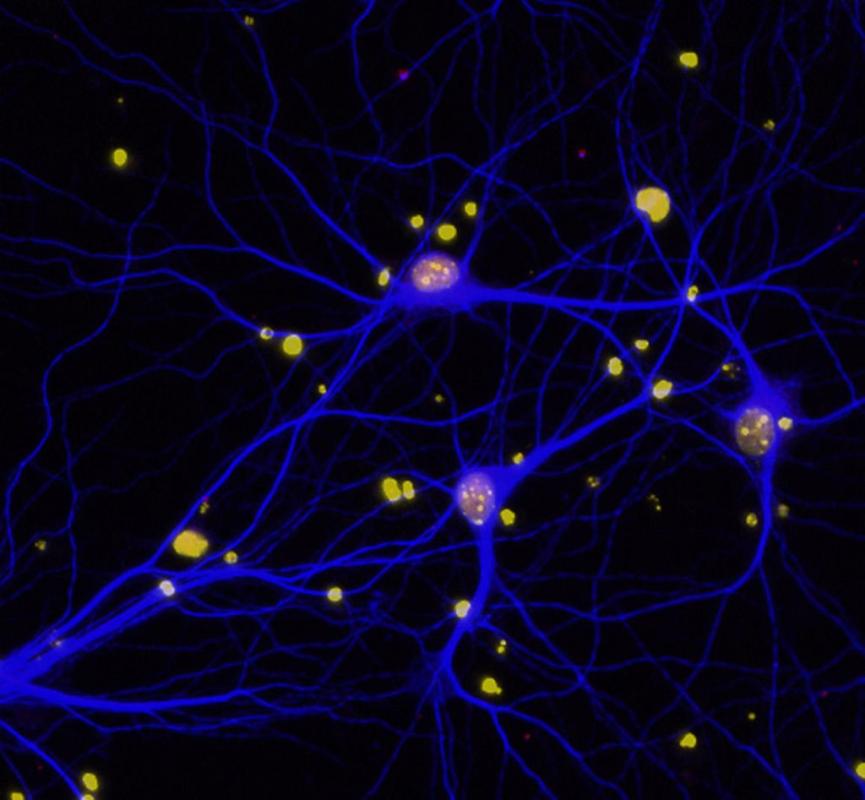Duke Neurology Research Round Up, June 2021
Members of the Duke Neurology Department did their part for Stroke Awareness Month, contributing to eight new peer-reviewed studies published this May. But our other divisions didn’t hold back either, with thirteen other articles advancing our understanding of neuro-oncology, multiple sclerosis, headache, and other subjects.
Read about each of the studies published from members of the Duke Neurology Department below, and find links to the original journal articles as well.
Stroke
Duke Neurology at AAN 2021: Highlights from a virtual year
The American Academy of Neurology (AAN) has moved its annual meeting to a virtual setting this year, but its offerings of the latest education and scientific programming continue. This year, members of the Duke Neurology Department collaborated with their colleagues at Duke and with other academic institutions to advance our understanding of neuro-oncology, myasthenia gravis, ALS, and other fields and disciplines.
Duke Neurology Research Round Up, April 2021
Members of the Duke Neurology Department contributed to 21 new studies in peer-reviewed journals this March, advancing our ability to understand, treat, and prevent diseases and conditions from across the field of neurology. Brian Mac Grory, MB BCh, MRCP, and other members of our stroke and vascular neurology helped answer questions about the best way to treat patients who have a stroke in their sleep.
Neurology and Women's Health 2021: Multiple Sclerosis
Gender has numerous effects across all fields of health, including neurology. For Women's History Month 2021, providers from the Duke Departments of Neurology and Neurosurgery discussed how conditions like multiple sclerosis, epilepsy, and spinal injuries intersect with women's health. In this week's entry, Suma Shah, MD discusses multiple sclerosis, which is twice as common in women as it is in men.
Duke Neurology Research Round Up, January 2021
The final month of 2020 saw fifteen new publications written or co-written by members of the Duke Department of Neurology. Sneha Mantri, MD, MS, was a lead author of a new study examining factors contributing to burnout and moral injury among health-care workers at Duke. Our Neuromuscular Disease faculty wrote multiple studies advancing our understanding of myasthenia gravis, including how the COVID-19 pandemic is affecting people with this condition. Other articles answered questions about stroke, Parkinson’s, and other diseases.
Duke Neurology Research Round Up, December 2020
This November, research from members of the Duke Department of Neurology examined how different types of seizures feel to the person experiencing them, discovered genes associated with longevity and health cognition, analyzed how the COVID-19 outbreak impacted stroke care, and more. Our faculty, trainees, and staff contributed to 15 studies published in the past 30 days. Read about each of them, and find links to the original articles below.
Multiple Sclerosis and Neuroimmunology
Faculty Spotlight: Dorlan Kimbrough, MD
For Dorlan Kimbrough, MD, neurology is both an intellectual challenge and a moral calling, or in his words, “a puzzle that matters.” For this week’s “Spotlight” interview, the new member of our faculty talks about balancing his work diagnosing and treating patients with neuroimmunological conditions while conducting clinical research to improve treatment for those conditions. He also discusses the medical community’s success in treating multiple sclerosis over the past 20 years, his own career path to neurology, and enjoying music, running, and chess in his spare time.
Duke Neurology Research Round Up, August 2020
Members of the Duke Neurology Department contributed to 14 new peer-reviewed articles published this July, improving our understanding of neuroscience, charting a course for research in a post-COVID-19 world, and offering opportunities for advancing patient care. Simon Gregory, PhD, and Yong Chen, PhD, respectively co-authored articles offering new therapeutic avenues for muscle repair and chronic pain treatment. Wuwei “Wayne” Feng, MD, MS, was part of a consortium examining the impact of COVID-19 on the NIH’s StrokeNet and offering a vision for resuming clinical trials.
Duke Neurology Research Round Up, July 2020
New research from the Duke Neurology Department advanced our understanding of neurological diseases and patient care at the basic science, translational, and clinical levels. Among other topics, our faculty, trainees, and staff found evidence for virtual reality’s potential in neurorehabilitation, tested a wearable device that can help better identify seizures, and reviewed how our understanding of the hippocampus has evolved over the past generation.
Stem cell transplantation for multiple sclerosis: Searching for a cure
A multicenter, phase III interventional clinical trial being offered at Duke through the Immune Tolerance Network is examining the efficacy of autologous hematopoietic stem cell transplantation, an emerging therapy for patients with active, treatment-resistant relapse-remitting multiple sclerosis (MS). The condition causes inflammatory flares in the brain and spinal cord once every 12 to 15 months on average.





